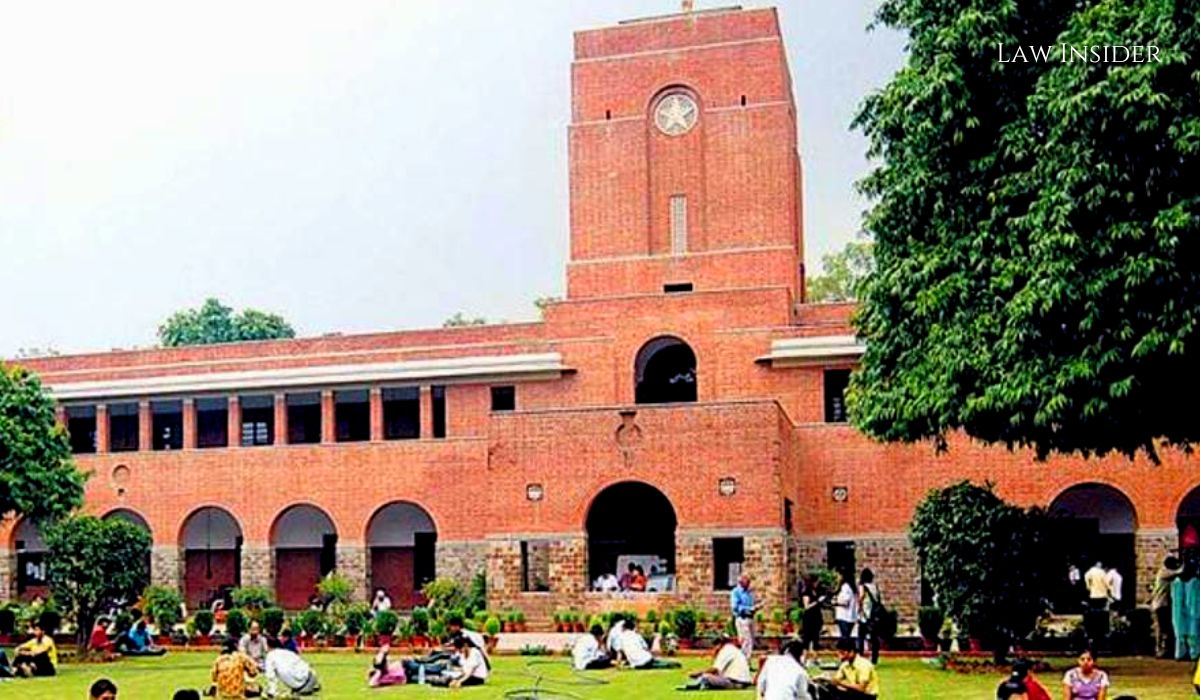Sakina Tashrifwala
Published on: September 13, 2022 at 20:19 IST
The Delhi High Court has ruled that the freedom of minorities to establish and manage educational institutions under Article 30 of the Constitution is not absolute and might be subject to reasonable constraints imposed by the State.
St. Stephen’s College was ordered to delete its admission prospectus that stated it would give 85% weight to the Common University Entrance Test (CUET) scores and 15% weight to interviews for admission by a division bench led by Chief Justice Satish Chandra Sharma and Justice Subramonium Prasad. The directive reads,
“The Petitioner-College is, therefore, directed to follow the admission policies for the year 2022-2023 as formulated by Respondent No.1 (Delhi University). Further, in accordance with the subsequent communication dated 24.05.2022, the Petitioner-College must withdraw its Admission Prospectus and issue a Public Notice declaring the amended admission procedure.”
Although Article 30 is written in absolute terms, according to the Court, it is subject to regulations that cannot be justified as being for the benefit of society as a whole or in the interests of the State.
The judges ruled that the primary goals of these rules must be to guarantee that the minority institution’s high standards are upheld and that the needs of the minority community are furthered.
“Regulations can be framed to prevent maladministration as well as for laying down standards of education, teaching, maintenance of discipline, public order, health, morality, etc.”
The Bench further stated that it is obvious from looking at the situation through the lens of constitutional aim that a minority institution’s right to manage its affairs is intended to ensure that the minority community is elevated to a position on par with the majority community.
“As a corollary, it could not have been the intent of the Constituent Assembly to allow minority institutions to implement its protectionist measures for the betterment of the minority community, and then extend this protection to the non-minority community.”
“Such an interpretation of the provision under Article 30(1) would only defeat the purpose of the constitutional provision, which is to bring minority communities at par with the non-minority communities,” the Court said.
A number of petitions concerning the admissions practises of St. Stephens College in Delhi were being heard by the court.
The College had filed a complaint with the Delhi High Court in response to a letter from Delhi University ordering it to stop interviewing non-reserved candidates applying to the College’s undergraduate programme.
Additionally, St. Stephens was urged in the letter to use a single merit list for the admission of applicants from all Christian denominations.
Additionally, according to DU, minority-serving institutions like St. Stephen’s can give interviews 15% weight when handling applications for reserved seats, but for unreserved seats, admissions should solely be based on CUET scores.
The Court ruled that non-minority members cannot be granted the fundamental right granted to a minority institution under Article 30(1) of the Indian Constitution.
Therefore, it ordered St. Stephen’s to publish a new prospectus giving the Common University Entrance Test (CUET) score 100% weight when considering applicants for admission to its undergraduate programmes in the non-minority category.
The College should publish a single merit list for admission of applicants from all dominions of the Christian community, Delhi University argued, but the Court rejected that idea.
According to the judges, the protection provided by Article 30(1) might be increased to the point where a minority institution is permitted to subclassify the reservation made for the minority community.
Senior Advocates Kapil Sibal and A Mariarputham, along with Advocates Romy Chako, Sudesh Kumar Singh, Aparajita Jamwal, and Koshy John appeared for St Stephen’s College.
Senior Advocate Arun Bhardwaj, along with Advocates Akash Vajpai, Abhishek Sharma and Gauraan appeared for another petitioner Konika Poddar.
Additional Solicitor General (ASG) Chetan Sharma along with Advocates Mohinder J S Rupal, V Bhawani, Aakash Pathak, Amit Gupta, Rishav Dubey, Sahaj Garg, Apoorva, and Saurabh Tripathi appeared for Delhi University.

